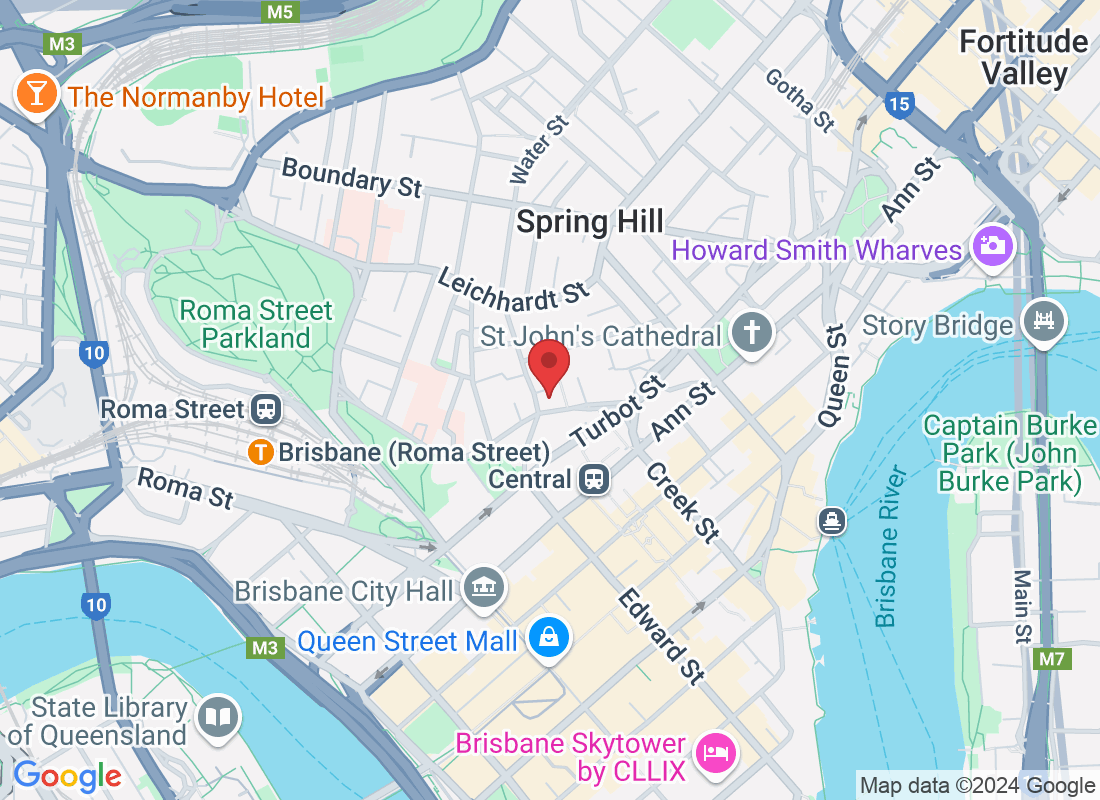
Shoulder Clicking or Popping? What It Means and When to Get It Checked
“Why does my shoulder make that weird sound?”
If you’ve ever moved your arm and heard a click, pop, or snap in your shoulder, you're not alone. For some people, it happens every time they reach overhead or rotate their arm. Others only notice it when doing something more active—like lifting at the gym or throwing a ball.
So, is it something to worry about?
Not always. But sometimes, it can be your body’s way of asking for a bit of help.
Let’s break it down.
What’s Causing That Shoulder Sound?
Your shoulder is a super mobile joint. It allows you to reach, lift, and twist in all directions—but that flexibility comes with complexity. Muscles, tendons, ligaments, and bones all move together in a small space. So when something’s even slightly off, you might hear it.
Here are some common reasons your shoulder might click or pop:
1. Tight or Imbalanced Muscles
Sometimes, tightness or weakness in certain muscles can pull the joint slightly out of its ideal path. When you move, things don’t glide smoothly—leading to clicking or rubbing sounds.
2. Tendon Movement Over Bone
A tendon might be moving over a bony bump in the shoulder. This can create a snapping or popping sound. It’s often harmless, especially if it’s not painful.
3. Shoulder Joint Instability
If your shoulder feels loose or unstable, it might shift slightly in the socket when you move. This can lead to clicking and even sharp twinges.
4. Labral or Cartilage Issues
The labrum is a ring of cartilage that helps keep your shoulder joint stable. If it's torn or irritated, you might hear or feel a clunk or pop—often with pain or weakness.
5. Rotator Cuff Problems
The rotator cuff is a group of muscles and tendons that keep your shoulder steady. If these tissues are inflamed or injured, it can lead to clicking and discomfort.
When to Just Ignore It (and When Not To)
Here’s when shoulder clicking is usually not a concern:
It’s not painful
It doesn’t affect your movement
It only happens occasionally
It goes away after a warm-up or stretch
But it’s time to get it checked if:
The clicking is painful
Your shoulder feels weak or unstable
The sound is new or getting worse
You’ve had a fall or injury
You feel stiff or limited in your movement
How Can a Physio Help?
A physio will assess how your shoulder moves, what muscles are doing too much (or not enough), and whether your joint is tracking correctly.
Here’s what treatment might involve:
Targeted stretches to loosen tight areas
Strengthening exercises to support the joint
Posture and movement retraining
Hands-on treatment to improve how the shoulder moves and feels
Most shoulder clicking cases don’t need scans or surgery—just the right combination of care, movement, and muscle balance.
Let’s Quiet That Shoulder (and Get You Moving Again)
A noisy shoulder can be annoying—or even worrying. But the truth is, many cases are easy to manage once you know what’s going on.
If your shoulder’s clicking is painful, persistent, or affecting your everyday life, don’t wait. Our physio team is here to help you get it sorted—so you can move freely, comfortably, and confidently.



